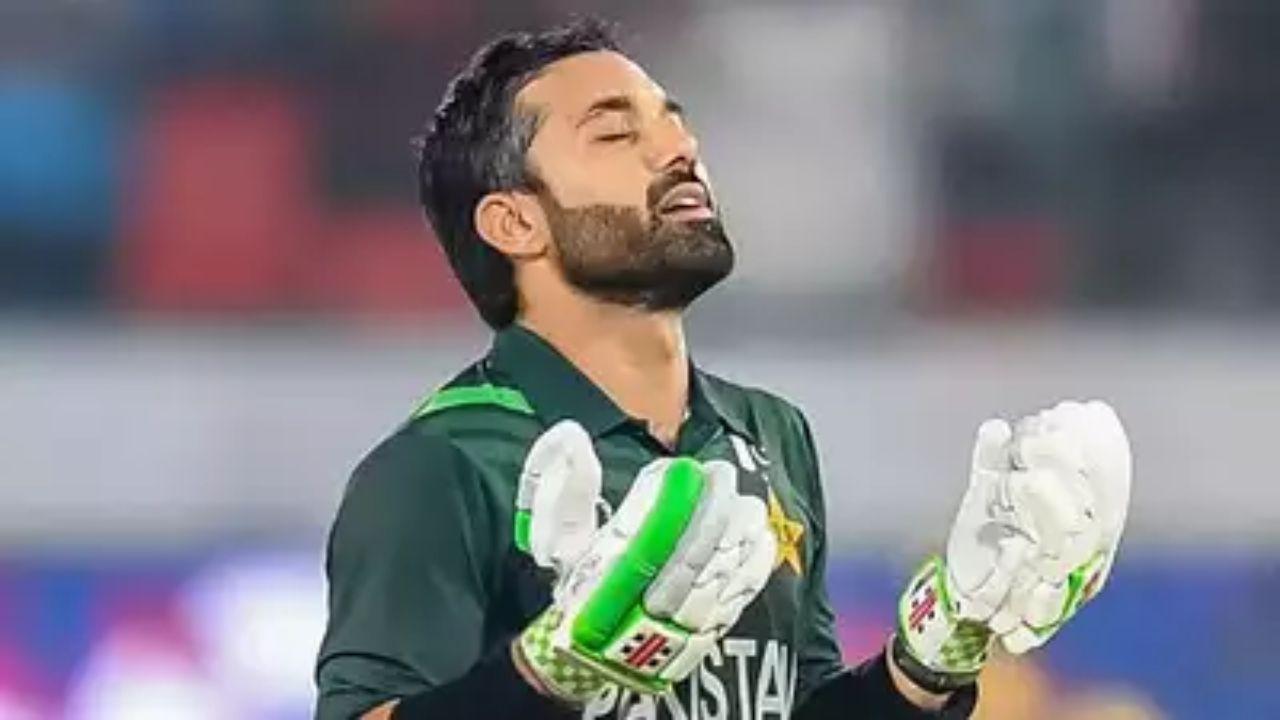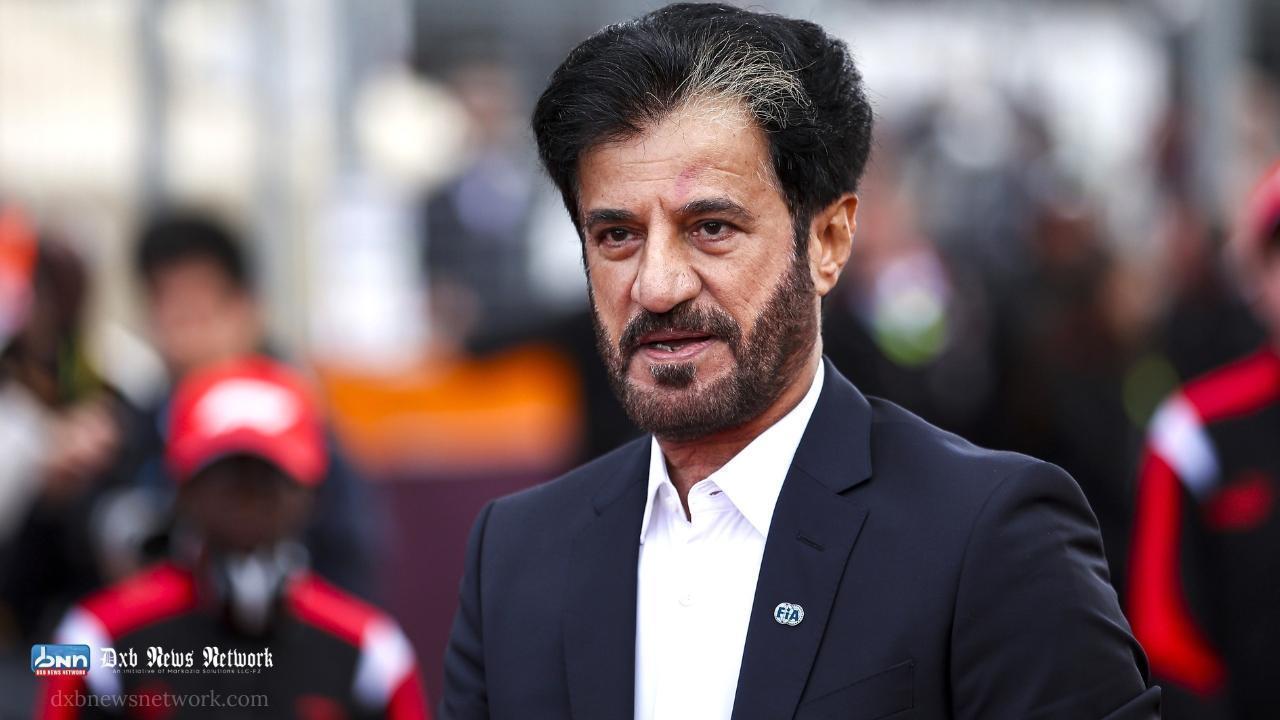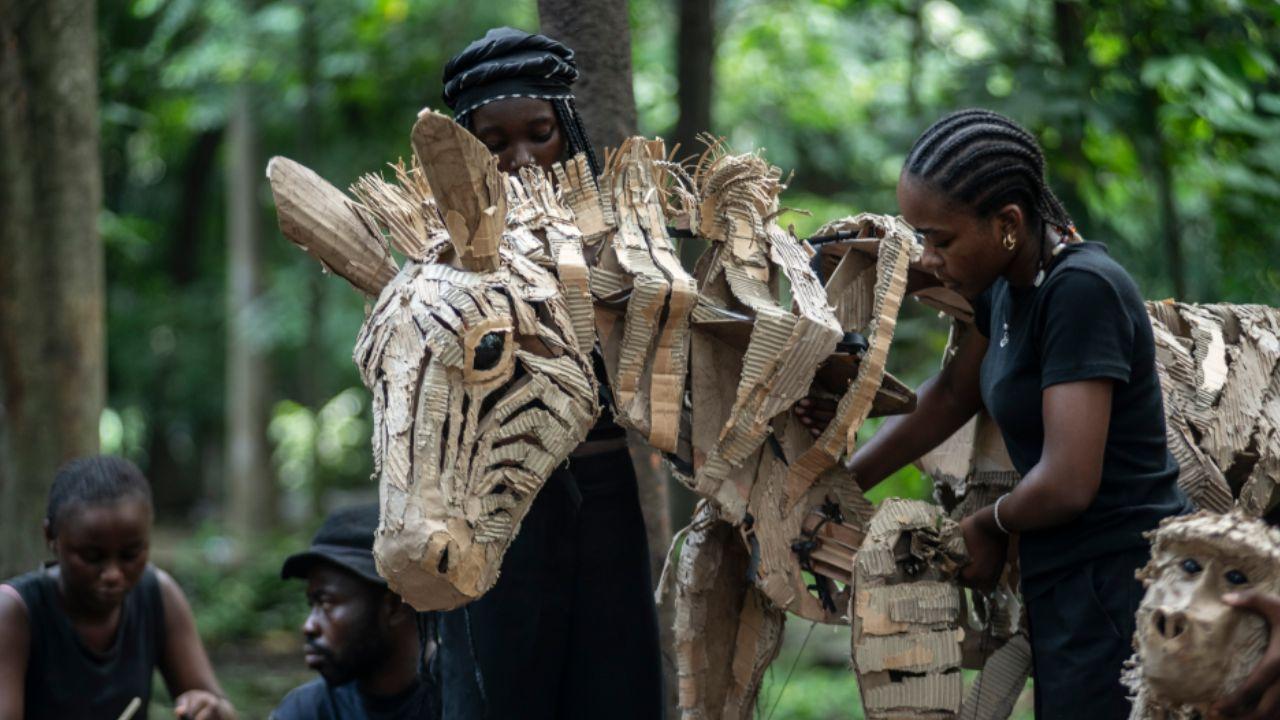
Post by: Vansh Kumar
History is a vast and fascinating chronicle of human progress, filled with turning points that have shaped the world we live in today. A Journey Through Time: The Most Important Events in History takes us through these monumental moments, from ancient civilizations to modern innovations. These events have defined cultures, changed political landscapes, and paved the way for the future. Let’s explore some of the most crucial milestones in human history.
The earliest human civilizations marked the beginning of structured societies. Around 3100 BCE, the rise of Ancient Egypt set a precedent for governance, architecture, and culture. The pyramids and hieroglyphics stand as testaments to their brilliance. Similarly, Mesopotamia, often called the “Cradle of Civilization,” introduced writing systems like cuneiform and the first known laws, such as Hammurabi’s Code.
The Roman Empire, founded in 27 BCE, was another defining moment in history. Rome’s governance system, legal principles, and engineering marvels like aqueducts influenced societies worldwide. The fall of Rome in 476 CE led to the Middle Ages, a time of feudalism and slow technological progress but also significant cultural and religious transformations.
The Renaissance, spanning the 14th to the 17th century, was a crucial period that revived interest in science, art, and philosophy. Thinkers like Leonardo da Vinci and Michelangelo reshaped artistic expression, while Copernicus and Galileo revolutionized our understanding of the universe. This period paved the way for scientific discoveries that would later change the course of human civilization.
The 15th and 16th centuries saw daring explorers like Christopher Columbus and Vasco da Gama embark on journeys that expanded the known world. Columbus’s voyage in 1492 opened the Americas to European colonization, leading to cultural exchanges and global trade. However, it also brought conflicts, colonization, and shifts in world power.
The 18th and 19th centuries witnessed the Industrial Revolution, which completely altered economies and societies. The invention of the steam engine, mechanized factories, and mass production revolutionized industries. Cities grew rapidly as people moved from rural areas in search of work. This period also saw advancements in medicine, transportation, and communication, setting the stage for modern life.
The 20th century was marked by two world wars that drastically altered political landscapes. World War I (1914-1918) led to the downfall of empires and the redrawing of borders, while World War II (1939-1945) saw the rise and fall of totalitarian regimes. The aftermath of World War II led to the formation of the United Nations, aimed at preventing future conflicts and promoting global cooperation.
In 1969, humanity achieved one of its greatest milestones when Neil Armstrong became the first person to walk on the moon. This moment symbolized the peak of the Space Age, showcasing the incredible advancements in technology and scientific exploration. The Cold War era fueled space exploration, leading to the development of satellites, space stations, and future missions beyond Earth.
The late 20th century and early 21st century introduced the Digital Revolution, changing the way we communicate, work, and live. The invention of the internet in the 1990s connected the world like never before, enabling instant communication and access to information. Advances in artificial intelligence, mobile technology, and automation continue to shape our daily lives.
A Journey Through Time: The Most Important Events in History explores key milestones that have shaped human civilization. From the rise of ancient empires like Egypt and Rome to the cultural revival of the Renaissance, history has been a series of transformative events. The Age of Exploration expanded global connections, while the Industrial Revolution revolutionized economies and societies. The World Wars reshaped political borders, and the Space Age marked humanity’s quest for the stars. In modern times, the Digital Revolution has changed the way we live through the internet and advanced technology. Each of these events has played a crucial role in shaping the world we know today.
This article is published by DXB News Network for informational purposes only. While every effort has been made to ensure accuracy, historical interpretations may vary. Readers are encouraged to conduct further research for a deeper understanding of the topics discussed.
#trending #latest #History #WorldEvents #HumanCivilization #HistoricalMoments #PastToPresent #ImportantEvents #TimeJourney #GlobalHistory #TurningPoints #Legacy #breakingnews #worldnews #headlines #topstories #globalUpdate #dxbnewsnetwork #dxbnews #dxbdnn #dxbnewsnetworkdnn #bestnewschanneldubai #bestnewschannelUAE #bestnewschannelabudhabi #bestnewschannelajman #bestnewschannelofdubai #popularnewschanneldubai

Discover how AI drives innovation and transforms modern technologies...Read More.

The Al Shifaa Summit 2025 in Abu Dhabi will unite global experts to advance Integrative Medicine, blending traditional and modern healthcare practices...Read More.














Rizwan Says English Isn’t a Must, Only Cricket Matters
Mohammad Rizwan proudly says he’s not ashamed of poor English. For him, playing cricket for Pakistan

Nightclub Roof Collapse in DR: Death Toll Hits 226
226 dead in Dominican nightclub collapse; nation mourns as families seek answers

Middle East’s Growing Influence in Formula 1 Recognized by FIA President Mohammed Ben Sulayem
Middle East’s Growing Influence in Formula 1 Recognized by FIA President Mohammed Ben Sulayem

'The Herds' starts journey from Africa to the Arctic Circle
‘The Herds,’ a cardboard animal show, starts in Congo to show how climate change pushes nature away.

Millie Bobby Brown explores Dubai in new campaign
Millie Bobby Brown stars in a fun Dubai film with Jake Bongiovi, sharing her journey through city st